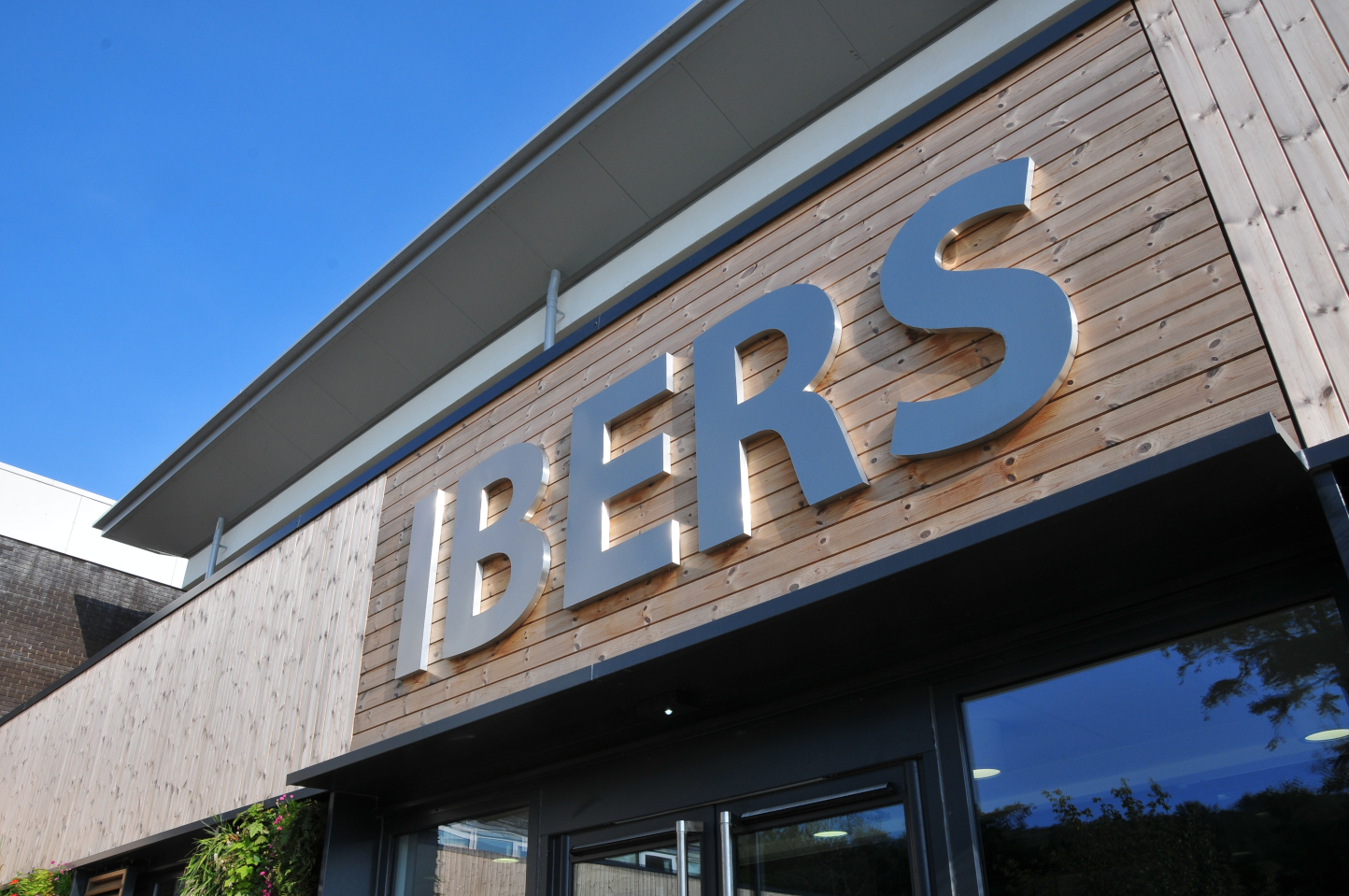Aberystwyth University to develop sustainable microbial foods - £14 million project

Institute of Biological, Environmental and Rural Sciences (IBERS), Aberystwyth University
11 March 2024
Aberystwyth University scientists will help to develop sustainable microbial foods as part of a new £14m project.
IBERS researchers at Aberystwyth will contribute to the work of the new Microbial Food Hub which has been funded as part of a £100m UK Research and Innovation (UKRI) initiative to unlock the potential of engineering biology.
Microbial foods are produced by micro-organisms such as yeast and fungi through fermentation and offer a more sustainable and healthier alternative to some foods.
The first of its kind in the world, the Microbial Food Hub brings together academics, industrial partners, food organisations and consumers.
It aims to develop new fermented foods that are better for the environment, more resilient to climatic or political shocks, and healthier and tastier for consumers.
The Hub will focus on fermented food products and ingredients, including growing fungal cells with high nutritional properties and producing ingredients using engineered microorganisms.
It will also research traditional fermentation methods, which use microbes to transform and improve the nutrition and taste of basic plant products.
Dr Dave Bryant, from the Institute of Biological, Environmental and Rural Sciences (IBERS) at Aberystwyth University, said:
“Microbes are ideal for food production because they grow rapidly, do not need large amounts of land or water, and can feed on surplus and co-product streams from our existing food industries. The foods they produce are less susceptible to adverse weather and can be produced locally, reducing transport costs, carbon footprint and our dependence on imported food. So, this announcement has enormous potential to address global challenges and drive economic growth, resilience, and preparedness.”
Professor Ledesma-Amaro from Imperial, who leads the project, said:
“Engineering biology is already being used to optimise microbial food production, and microbes can now be manipulated to be more productive, tastier and more nutritious. Applying recent scientific developments to microbial foods has the potential to radically change the way food is produced, creating an important and timely opportunity to address some of the most critical health and sustainability challenges of our time.”
The new mission hubs and awards projects are designed to play a key role in achieving the UK Government’s vision for engineering biology announced last year.
Andrew Griffith, UK Government Minister for Science, Research and Innovation announced funding for six new Engineering Biology Mission Hubs. He said:
“Engineering biology has the power to transform our health and environment, from developing life-saving medicines to protecting our environment and food supply and beyond.
“With new Hubs and Mission Awards spread across the country, from Edinburgh to Portsmouth, we are supporting ambitious researchers and innovators around the UK in pioneering groundbreaking new solutions which can transform how we live our lives, while growing our economy.”
The project will make use of the specialist research and development facilities at AberInnovation based at Aberystwyth University’s Gogerddan campus.



